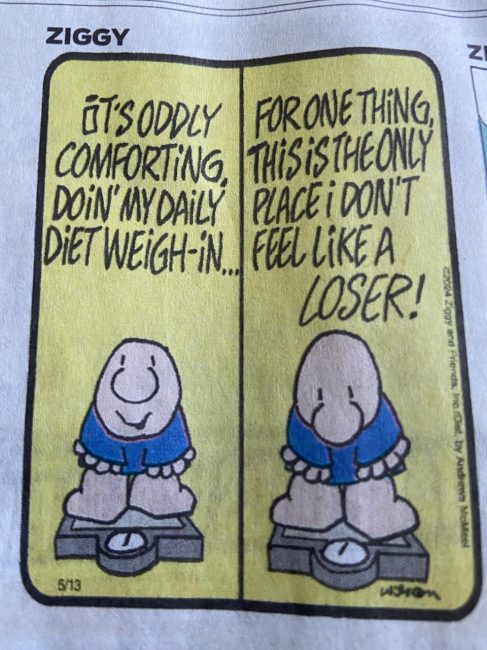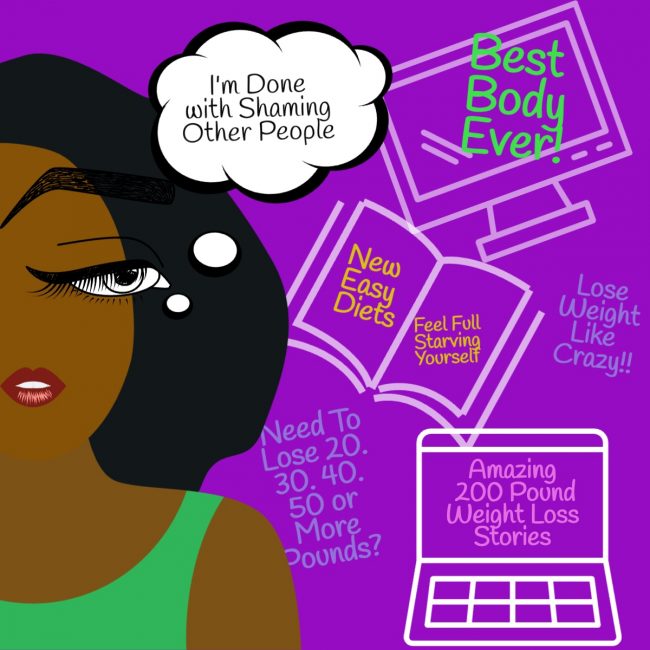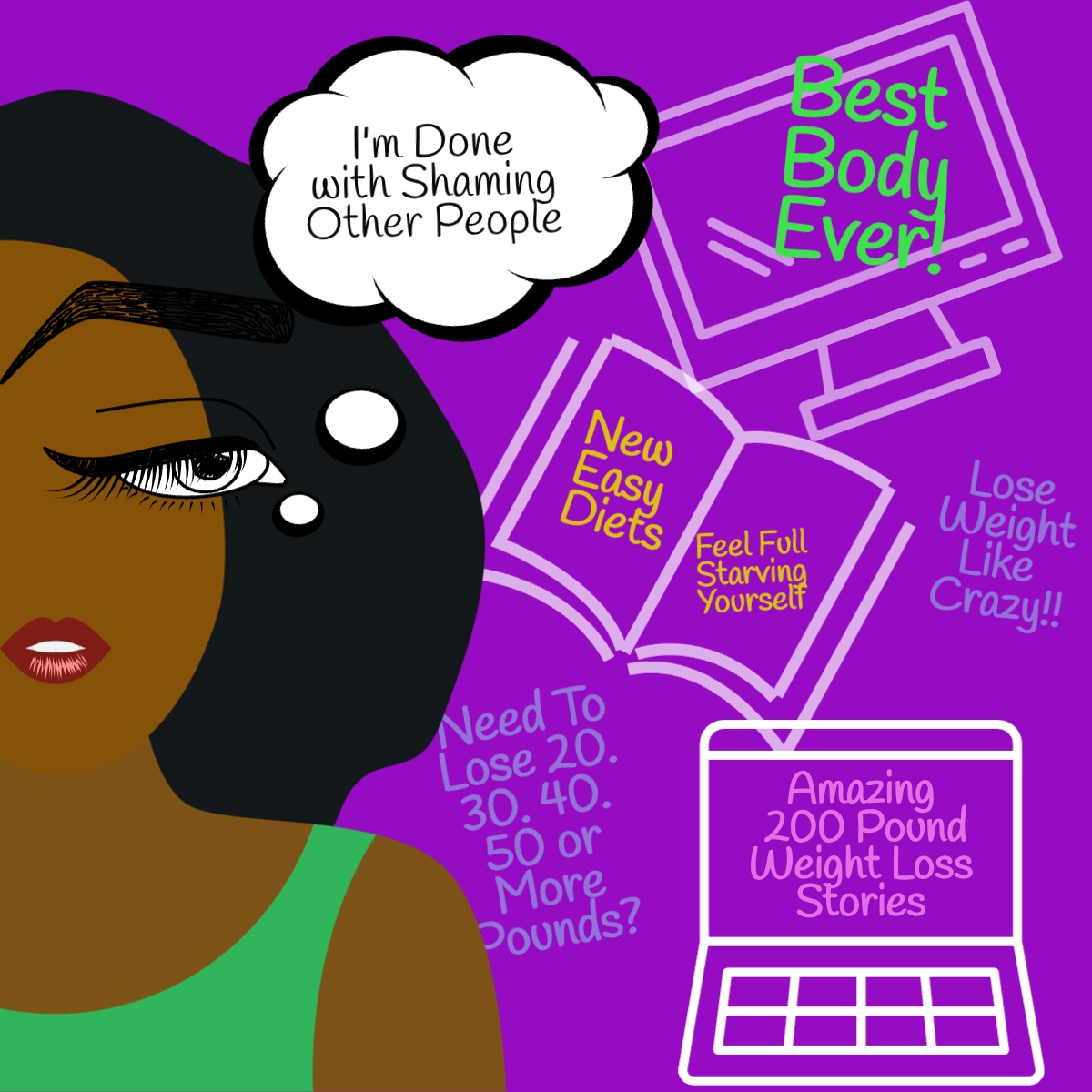Is the tide changing toward diet culture? Perhaps, when one of America’s most prominent icons admits to fanning the flames of body shaming and the lack of willpower in millions of Americans trying to lose weight. By ‘Diet Culture,’ we refer to a societal obsession with dieting and weight loss, often characterized by the promotion of restrictive eating habits, unrealistic body standards, and the stigmatization of those who do not conform.
Recently, Oprah Winfrey acknowledged her role in abetting America’s toxic ‘Diet Culture during a three-hour WW special. For decades, she promoted guilt and shame as well as the redemption of weight loss on her various media platforms, including a cable TV network, magazine, and talk show.

“I’ve been a major contributor to it. I cannot tell you how many weight-loss shows and makeovers I have done, and they have been a staple since I’ve been working in television,” she admitted.
Sadly, Oprah isn’t the only one. Famous women’s magazines, Morning and Daytime Talk Shows, cartoons, and stand-up routines are rife with weight loss stories, jokes, and new diet programs promising quick results.
How harmful is our obsession with losing weight by any means possible?
Numerous studies indicate that yo-yo dieting is bad for your heart. Yo-yo dieting, also known as weight cycling, can stress your heart and increase your risk of heart disease. In the short term, regaining weight can cause problems like angina, heart attack, and stroke. The more significant the swings in weight, the bigger the risk.
My boss, Luther Vandross, gained and lost over a hundred pounds at least eight times while working for him. His developing stroke and untimely death at age 54 are primarily associated with a result of weight cycling.
He, like Oprah, lost a hundred pounds on the infamous liquid diet. But millions of other Americans suffer from this vicious cycle of hating themselves and their bodies for their inability to maintain and sustain weight loss.

Oddly, Oprah’s confession was part of WW’s slick rebrand as a weight-health company that offers drugs like Ozempic and Wegovy. I’m still trying to understand why she confessed in this forum. But I cannot deny she seems to have seen the light since Oprah Winfrey backpedaled from her statements about weight loss medications being an “easy way out” to admitting they’re redemption.
Oprah Winfrey backpedaled from her statements about weight loss medications being an “easy way out” to admitting they’re redemption.
She added, “I’m absolutely done with the shaming from other people, particularly myself.”



